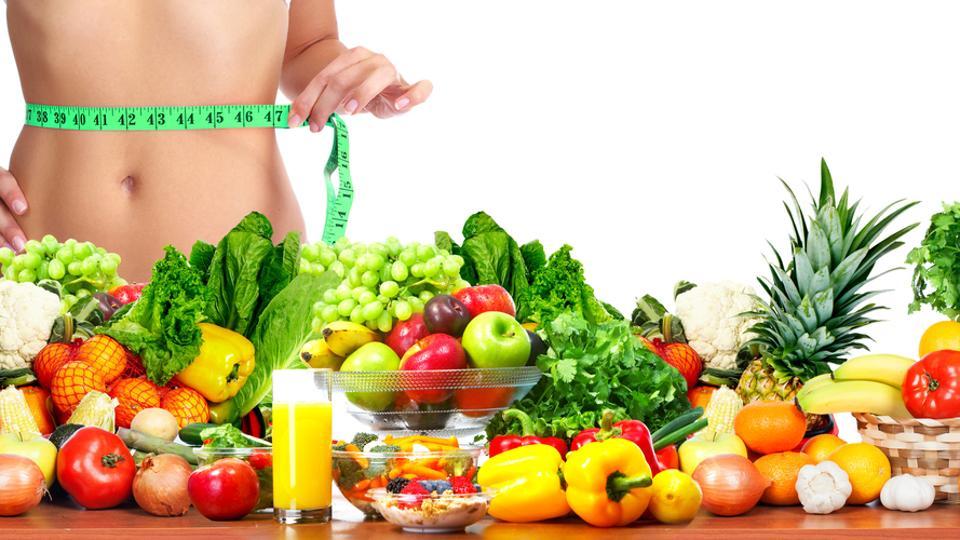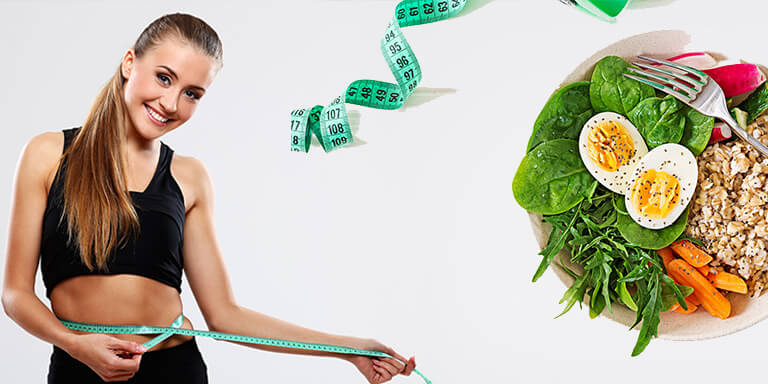India is facing an epidemic of diabetes, with the main prevalence in the urban population. The good news is that it can be controlled with the right food for diabetes. Before we get to how to manage it, let us first understand what diabetes is exactly.
What is Diabetes?
Diabetes is a disease that occurs when your blood glucose, also called blood sugar, is too high. Blood glucose is your main source of energy and comes from the food you eat. Insulin, a hormone made by the pancreas, helps glucose from food get into your cells to be used for energy. Sometimes your body doesn’t make enough—or any—insulin or doesn’t use insulin well. Glucose then stays in your blood and doesn’t reach your cells.
What Are The Signs & Symptoms Of Diabetes?
Signs and symptoms of type 2 diabetes often develop slowly, they may include:
- Increased hunger
- Frequent urination
- Blurry vision
- Extreme fatigue
- Sores that don’t heal
Diet for People Living with Diabetes: The Best Food to Lower (or Regulate) Your Blood Sugar
Whole Grains:
Whole grains are super rich in minerals and vitamins like magnesium, chromium, iron, and folate. For people with diabetes, they are a great source of fiber too.
Choosing whole grains over refined grains helps in maintaining optimum blood sugar readings. Whole oats, quinoa, whole-grain barley, and farro are some examples of whole grains.
Protein:
Choose lean sources of protein, such as tofu, fish, eggs, curd, cottage cheese, Legumes, such as pulses, beans and soybeans. The inclusion of protein, along with healthy carbohydrates, is very important for diabetics.
It helps in a sustained release of energy, provides satiety and prevents insulin spike.
Oatmeal:
Oatmeal isn't just good for your heart. It can benefit your blood sugar too. Steel cut and rolled oats have a low-glycemic index and are a better choice than foods such as white bread, bran flakes or corn flakes. Just keep in mind that while steel cut and rolled oats are great picks, highly processed instant and quick oats tend to be higher on the glycemic index so they're not as blood sugar friendly.
Citrus fruits:
Although many citrus fruits are sweet, research shows that they may help reduce blood sugar levels. Citrus fruits are considered low glycemic fruits because they don’t affect blood sugar as much as other types of fruits like watermelon and pineapple.
Citrus fruits like oranges and grapefruit are packed with fiber and contain plant compounds like naringenin, a polyphenol that has powerful antidiabetic properties
Eggs:
Eggs are an exceptionally nutritious food, providing a concentrated source of protein, healthy fats, vitamins, minerals, and antioxidants. Some studies have linked egg consumption to better blood sugar control.
Chia Seeds:
Due to the presence of high fibres, chia seeds are also included in the list of the best food to control diabetes. Studies show that 11 of the 12 gm of carbs in 28 gm chia seeds contain viscous fibre that does not escalate blood sugar levels.
Broccoli:
Broccoli is full of a plant chemical called sulforaphane. It possesses antibiotic factors and helps improve insulin sensitivity by reducing blood sugar levels and oxidative stress markers. Half a cup of cooked broccoli has 27 calories and 3 gm of digestible carbs with other vital nutrients such as vitamin C and magnesium. This vegetable regulates our blood sugar level effectively.
Moreover, they lower blood glucose levels of diabetic individuals by 10%.
5 Foods to Avoid With Diabetes
1. Sodas and Sweet Drinks
Carbonated drinks often contain high fructose, which affects insulin sensitivity. Also, they increase the chances of fatty liver, obesity and other ailments.
2. Artificial Trans Fats
Artificial trans fats are made with unsaturated fatty acids mixed with hydrogen to maintain their stability. Although they are not directly linked with increased blood sugar levels, they increase inflammation and insulin resistance.
3. High-carbs
White rice, pasta, and bread significantly increase blood sugar levels in both type 1 and 2 diabetic patients. They also lower the functioning capacity of the brain in such patients.
4. Sugar-coated Cereals
Sweetened cereals have lower protein content and tend to increase the symptoms in diabetic patients.
5. Honey and Brown Sugar
People with diabetes often substitute white sugar with honey and brown sugar. However, these sweeteners may not be as highly processed as white sugar. They contain carbs. One tablespoon of honey contains 17.3 gm of carbs.
Lifestyle Habits That Contribute To Diabetes
Eating more than needed - consuming too many calories, whether from excess fat, sugar, or alcohol, can trigger weight gain & affect insulin resistance.
Overweight/Obesity - Being overweight increases the chances of becoming insulin resistant. People with excess fat around the waist and abdomen, in particular, are at higher risk of developing insulin resistance.
Sedentary lifestyle – Being sedentary & not getting enough exercise can affect the way insulin regulates glucose.
Cigarettes: Smoking is a significant factor.
Sleep cycle: A lack of sleep and poor sleep can contribute to diabetes.
Therefore, this list of best foods to control diabetes and what to avoid will be beneficial to consider while planning your healthy balanced diet.
Diabetes Nutritionist Dr. Saurabh Soni is an expert and passionate when helping his clients with pre-diabetes (impaired fasting glycemia and impaired glucose tolerance), type 1 and type 2 diabetes and gestational diabetes to manage or control their existing conditions and lower the risks of forming lifelong complications. Achieve your fitness goals with Prevention Clinic.































